Reflecting God’s image or usurping his position?
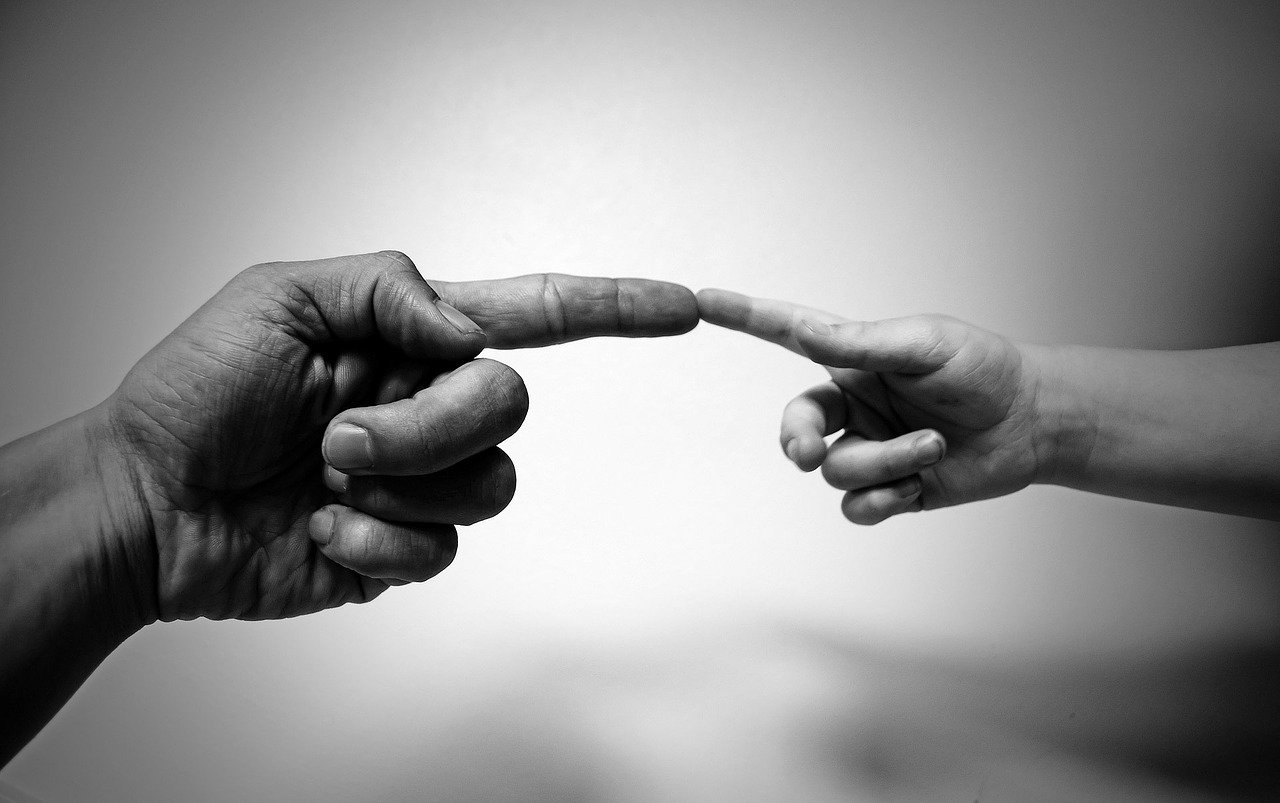 For as long as humans have been keeping records, they have been recording their fight against the ultimate enemy – death. Up until a certain point in history, every new advance in technology was aimed at postponing the hour when the grim reaper would come calling. Clothes and shelter so we didn’t freeze to death, spears so we could catch food, shields to protect ourselves from other humans. And of course, medicines and technologies to combat poisons, bind up wounds and relieve pain.
For as long as humans have been keeping records, they have been recording their fight against the ultimate enemy – death. Up until a certain point in history, every new advance in technology was aimed at postponing the hour when the grim reaper would come calling. Clothes and shelter so we didn’t freeze to death, spears so we could catch food, shields to protect ourselves from other humans. And of course, medicines and technologies to combat poisons, bind up wounds and relieve pain.
At what point does our pursuit of life and health tip over from becoming a natural response to threats and dangers and become something more sinister? At what point do we step over the line from being creative, inventive, inquisitive, explorative reflections of a God who is all those things and more, to being rebellious creatures who want to take our fate into our own hands and make ourselves like gods?
Elon Musk last week introduced the world to Gertrude, a pig who has been fitted with a computer chip that reads and transmits her neural activity. Musk hopes that human trials will not be far away. His medium-term goal is to help people with neurological disorders to be able to communicate and control computers and phones with their minds. (Though the BBC reports that ‘the long-term ambition is to usher in an age of what Mr Musk calls ‘superhuman cognition’, in part to combat artificial intelligence so powerful he says it could destroy the human race.’)
This could be an incredible gift. Imagine being able to communicate with your stroke-paralysed relative again. Perhaps, Musk believes, we might also be able to reverse conditions like dementia and Parkinson’s Disease. Think of the hope that could offer people in similar situations to that of the late assisted suicide campaigner Tony Nicklinson, who was profoundly paralysed after a stroke. Those whose bodies are failing them while their minds remain active. If he had been able to communicate and participate more fully in the life of his family, might that have been enough to have given him sufficient enjoyment of life that he would no longer have sought help to end his life?
Or is Musk overreaching himself and the limits of our God-given remit to ‘fill the earth and subdue it’, to ‘Rule over the fish in the sea and the birds in the sky and over every living creature that moves on the ground’ (Genesis 1:28)? Is this the ‘Mark of the Beast’ many have so long feared?
There is, of course, no boundary put on that command. Later in the Bible, we are given further details about what it looks like to love God and love our neighbours – the two greatest commandments – but as to what it means to subdue the earth and rule over it, we are told very little.
Of course – again – we wouldn’t be in this pickle of trying to fight disease and fend off death if we had lived in obedience to God in the first place. Wherever you sit on the creation-evolution spectrum, the Bible is clear that human sin is responsible for at least some of the disease, death and decay present in the world, so there is a certain justice in the fact that we seem doomed to spend the bulk of our lives trying to solve them. Perhaps this means that we shouldn’t worry about where to draw the line: it was drawn way back in Eden; there is no second line, we’re all just dealing with the fallout of humanity’s sin.
Yet as believers, we know that the solution, ultimately, is not to shy away from death, but to prepare for it well. Death is only to be feared if you don’t have the assurance of spending what comes after it with Christ. To be human is, ultimately, to die, and then to be judged. The hunt for immortality is at root a desperate bid to avoid judgement, to avoid that awe-full moment when we will come face to face with our creator and must give an account of ourselves.
Musk and those like him who seek for hope beyond the limitations of this planet and these bodies have, perhaps, grasped a glimmer of the truth. We are not made for this world. We were not designed to be weak, frail and finite. There is something beyond. But it is something no human hand can build, no human mind conceive.
If we, mere mortals could build it, it would simply be another weak, fragile, flawed representation of ourselves – an image of an image-bearer. I don’t think we should fear the Elon Musks of this world, because, at the end of the day, they too are simply ‘mere mortals’ – and ‘what can mere mortals do to [us]?’ (Psalm 118:6, Hebrews 13:6). Rather, let us remember that ‘It is better to take refuge in the Lord than to trust in humans’ (Psalm 118:8). ‘For here we do not have an enduring city, but we are looking for the city that is to come. Through Jesus, therefore, let us continually offer to God a sacrifice of praise – the fruit of lips that openly profess his name. And do not forget to do good and to share with others, for with such sacrifices God is pleased’ (Hebrews 13:14-16).

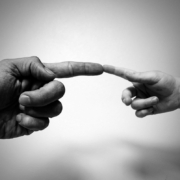
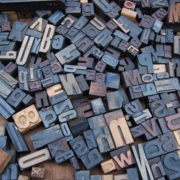
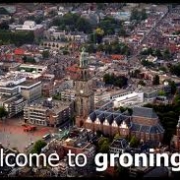

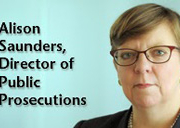
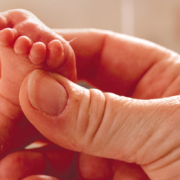
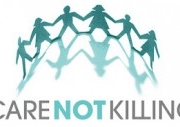
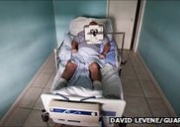


Leave a Reply
Want to join the discussion?Feel free to contribute!